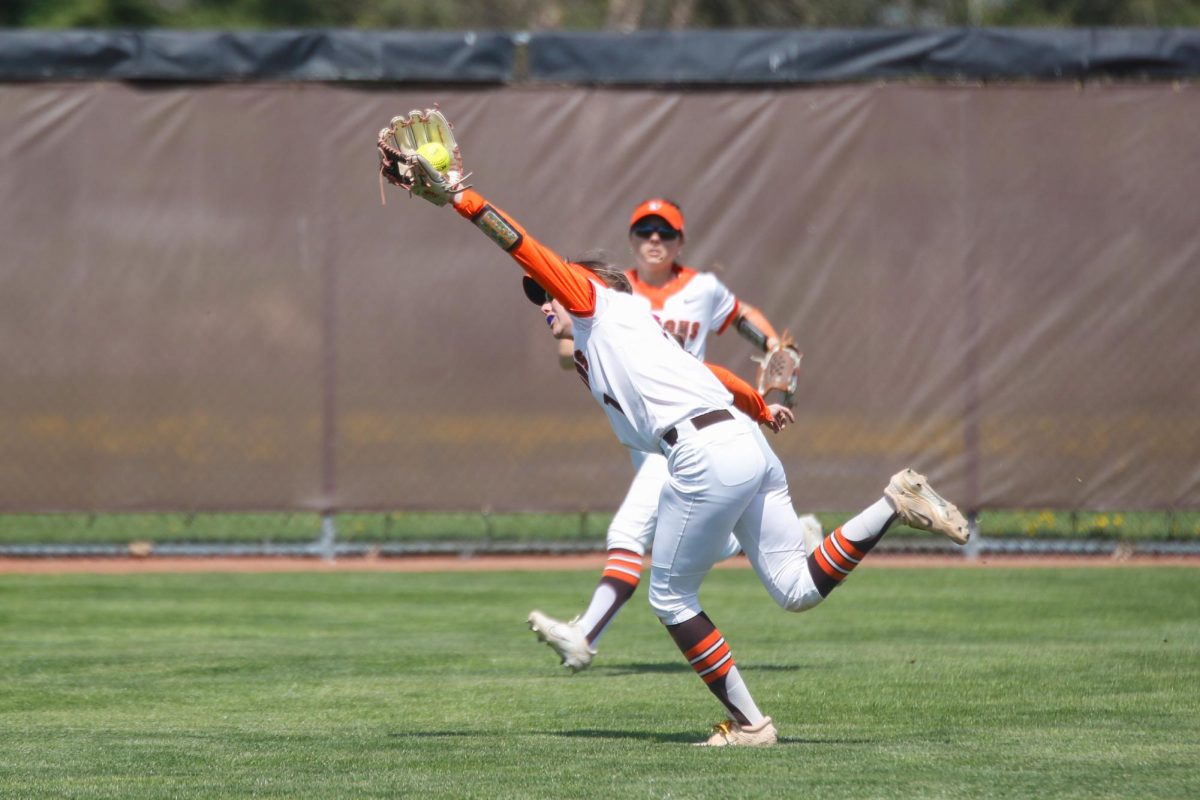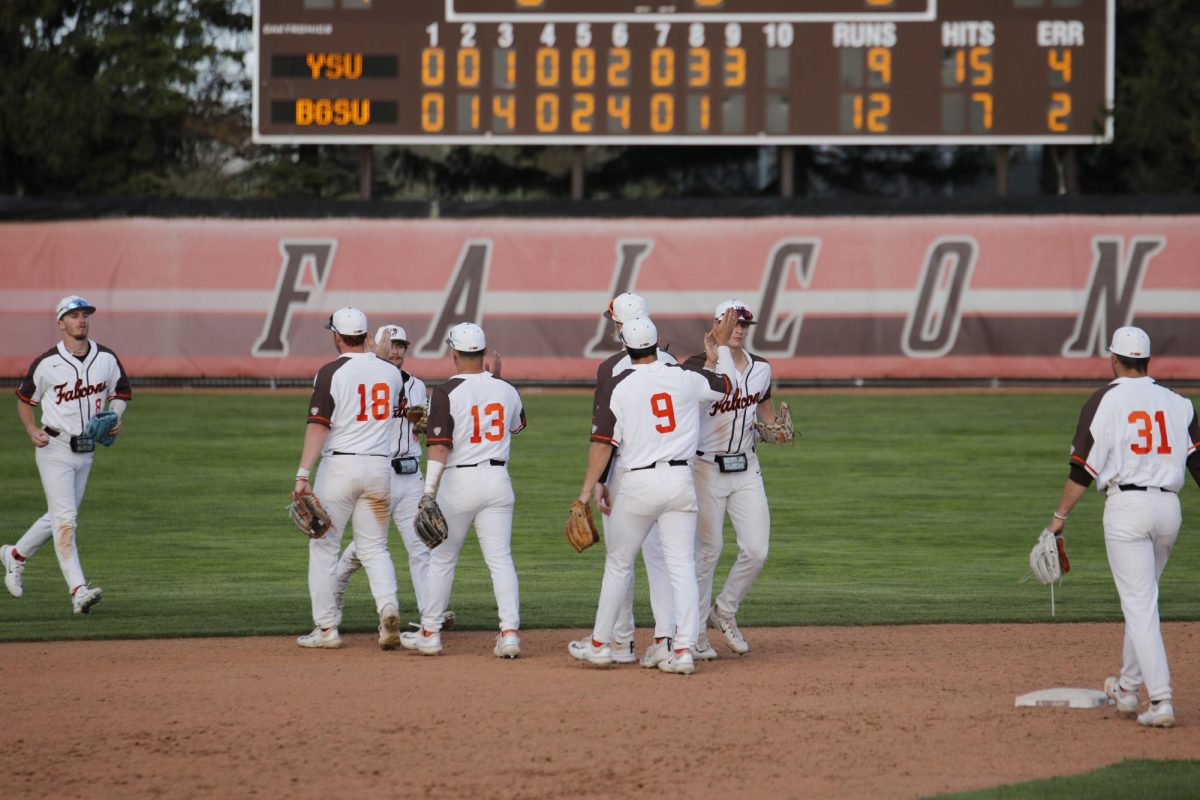By Ronald Paul Larson Knight Ridder/Tribune News Service (KRT) LOGISTIC SUPPORT AREA ADDER, south central Iraq _ Representatives of “Free Iraqi” forces and exile groups held a meeting near Logistical Support Area in Adder on Tuesday to begin discussions on the political future of Iraq. It was the first such meeting and about 80 to100 delegates attended. State Department and White House representatives were also present, said Capt. John L. Morgan, a public affairs officer for the Army. The meeting was held at the nearby Ziggurat at Ur, a 4,100-year-old building originally built by the Sumerians and seen as symbolic for “the start of the civilization” and the rebirth of a new kind of society for the Iraqis, Morgan said. Morgan, who attended the meeting, said its purpose was “just to get together, a `who are you? What are you doing kind of thing?'” In the end, the delegates “came to some agreements about what they want to have happen in Iraq,” Morgan said. They decided on a “freely elected congress, if you will, a federal type of government,” Morgan said. They didn’t make any determination about who the next leader would be, however. “They didn’t make those kinds of decisions there,” Morgan said. The delegates also decided they would meet again. The Army’s role was “more as a facilitation and means of communication and involvement,” Morgan said. It was “not to run the meeting or stipulate what Iraq should look like.” There were some demonstrators near the meeting site, but they had no contact with the delegates. The security perimeter was pushed backed from the meeting location but this was because “a number of these leaders had been in exile for years, and there was some concern for their safety and security,” Morgan said. Morgan somewhat jokingly estimated that the 15 journalists covering the meeting equaled the number of demonstrators, but this is not surprising. The meeting location was well outside the city of Nasiriyah and would have been difficult for many Iraqis to get to. The demonstrators were not anti-American per se, according to Morgan, but were objecting to the fact that their particular groups were not included in the meeting. Morgan said the meeting was closed. Because of this, the delegates agreed to “bring in some other local leaders and get more involvement,” Morgan said. Morgan said a Marine reverse osmosis pumping unit was in operation in Nasiriyah providing 10,000 gallons of drinking water per day to the people of that city, and that the city would have electricity soon. The water quality is tested frequently, Morgan said, and it is “better than a lot of drinking water.” The pace for the soldiers of the 36th Engineer Group is slowing down a little. They have completed most of the work on their compound, and the weather was nice over the weekend. However, a sandstorm blew in on Tuesday night (as the delegates were leaving) and continued with lessened intensity Wednesday. On Monday, the day before the exile meeting, British Foreign Secretary Jack Straw held a press conference at the Hilton Kuwait Resort in Kuwait City. After expressing his gratitude to the emir of Kuwait for his “support and cooperation,” Straw addressed the issue of looting and lawlessness in some of the areas occupied by British and American forces. He said that it seemed to be the “usual degree of disorder” after a dictator falls, and that allied forces were “working hard to restore law and order.” American and British security would be enhanced if Iraq was a free country, he said, and he promised a “better and more prosperous future” for the Iraqi people. Straw then fielded questions about Syria. Some have charged that Syria has tested chemical weapons. “There are a number of questions Syria needs to answer,” Straw said. There is “a new reality now that Saddam is gone,” he added, and he expected to see changes in Syrian policies that reflect that new reality. The question the soldiers here have been asking themselves lately is “who’s next” in the president’s war on terror and weapons of mass destruction. ___ (Ronald Paul Larson is a graduate student at California State University, Fullerton, and a correspondent for the school’s newspaper, the Daily Titan. He is the only embedded journalist for a college paper. His stories from the Middle East will run occasionally on KRT Campus.) ___ ‘copy 2003, Knight Ridder/Tribune Information Services.
Latest Stories
- 74% percent of women in the U.S. are embracing makeup: What's behind the trend?
- Brady Pavernik leads way as Falcons finish sixth in the Highland Meadows intercollegiate tournament
- Reagan Williamson leads the way offensively as the Falcons drop the doubleheader against CMU
- BGSU baseball defeats Youngstown State 12-9, extending home winning streak to eight games
- BGSU men’s basketball’s Anthony McComb III enters the transfer portal
















